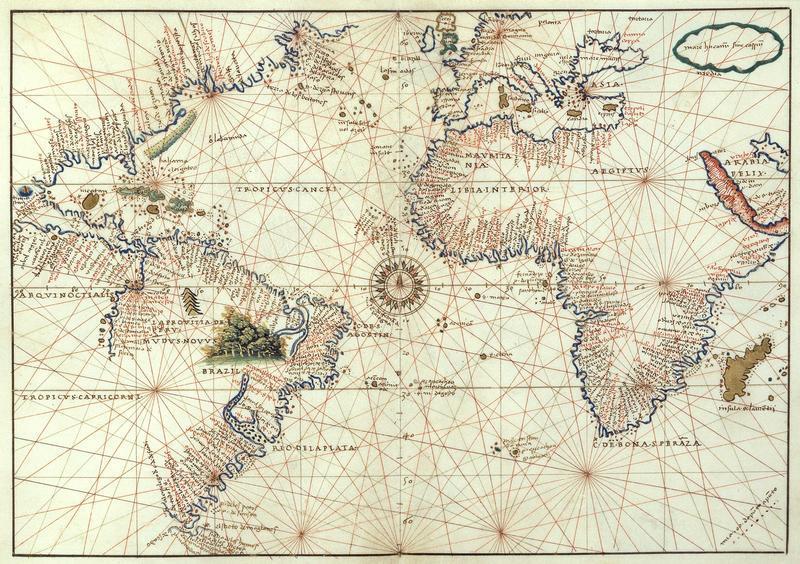Glocal Perspectives in Iberian Studies
Componenti
- Orazi Veronica (Responsabile)
- Greco Barbara (Coordinatore//Coordinatrice)
Contatti

Attività
International Partnerships:
2016: Isabel Turull (Università di Roma "La Sapienza"), Alessandro Scarsella (Università "Ca' Foscari" di Venezia), Gabriella Gavagnin (Universitat de Barcelona), Martina Cabanas (theatre collective Els Joglars, Barcelona), Enric Bou (Università "Ca' Foscari" di Venezia).
2017: Jaume Martí-Olivella (University of New Hampshire, NH, USA), Núria F. Rius (Universitat Pompeu Fabra, Barcelona), Silvia Grassi (European Research Council Executive Agency, Bruxelles), Luz C. Souto (Universitat de València), Elizabete Manterola Agirrezabalaga (Universidad del País Vasco/Euskal Herriko Unibertsitatea), Rexina Rodríguez Vega (Universidade de Vigo), María del Pilar Jiménez-Aleixandre (Universidade de Santiago de Compostela), Ramon López-Facal (Universidade de Santiago de Compostela).
2018: Manuel Montero García (Universidad del País Vasco/Euskal Herriko Unibertsitatea), Ramon López-Facal (Universidade de Santiago de Compostela), Pelai Pagés i Blanch (Universitat de Barcelona), Elizabete Manterola Agirrezabalaga (Universidad del País Vasco/Euskal Herriko Unibertsitatea), Ana Luna Alonso (Universidade de Vigo), Mari José Olaziregi Alustiza (Universidad del País Vasco/Euskal Herriko Unibertsitatea), Carlos-Caetano Biscainho Fernandes (Universidade da Coruña).
Project:
Glocal Perspectives in Iberian Studies.
The project focuses on the complex and ever changing concept of identity in the pluricultural Iberian area -integrated by constantly evolving elements-, and its intersemiotic representations. So, it studies the circumstances determining the (re)definition of the identity profile, that can be identified with: the historical and socio-political roots, the redefinition of the identity during the phase of resumption, the existence of a socio-cultural and political context facilitating the process of identity reconstruction, the propitious conditions that promote the cultural renaissance and play a decisive role in this process, and the overcoming of the idealistic vision of the 19th-century romantic nationalism.
As well, it deals with the dialectic between 'centre' and 'periphery', two concepts that also involve ideological dynamics, socio-political and economic balances and cultural codes. Moreover, in the (re)construction of identity, discursive and cultural strategies are used. Thus, language, literature, arts and culture in its widest meaning reflect these mechanisms and their complexity. It will then be a question of studying the peculiar identity factors, which characterize the cultural expressions in the contemporary Iberian context from these interrelated perspectives, which reflect the shared culture and political past, the recognition of a territorial body, the experience of the Other, and the construction of a common policy.
Prodotti della ricerca
2016:
Contemporary Catalan Classics - Contemporary Catalans and Classics, Introduction and ed. Veronica Orazi, monograph of eHumanista/IVITRA, 9, 2016.
2017:
Representing Identity: Intersemioticy and Transmediality in Contemporary Hispanic Cultures, Introduction by Veronica Orazi, eds. Barbara Greco and Veronica Orazi, monograph of eHumanista/IVITRA, 13, 2018.
2018:
Intersemiotic Representations in Plural Cultures. About Nation, Language and Literature in the Castilian-Catalan-Galician-Basque Context, Introduction and ed. Veronica Orazi, monograph of eHumanista/IVITRA, 15, 2019, https://www.ehumanista.ucsb.edu/ivitra/volume/15





